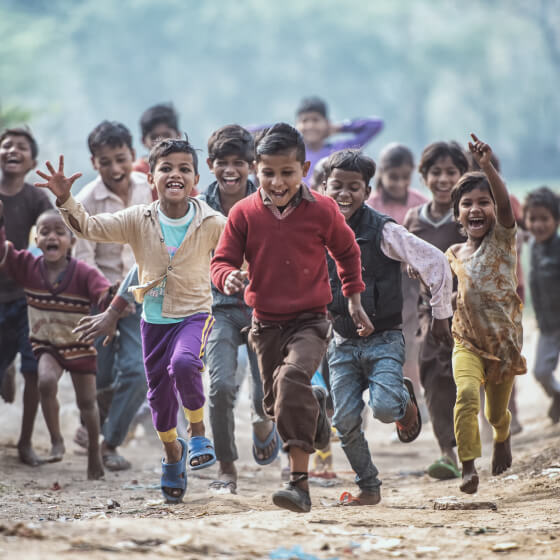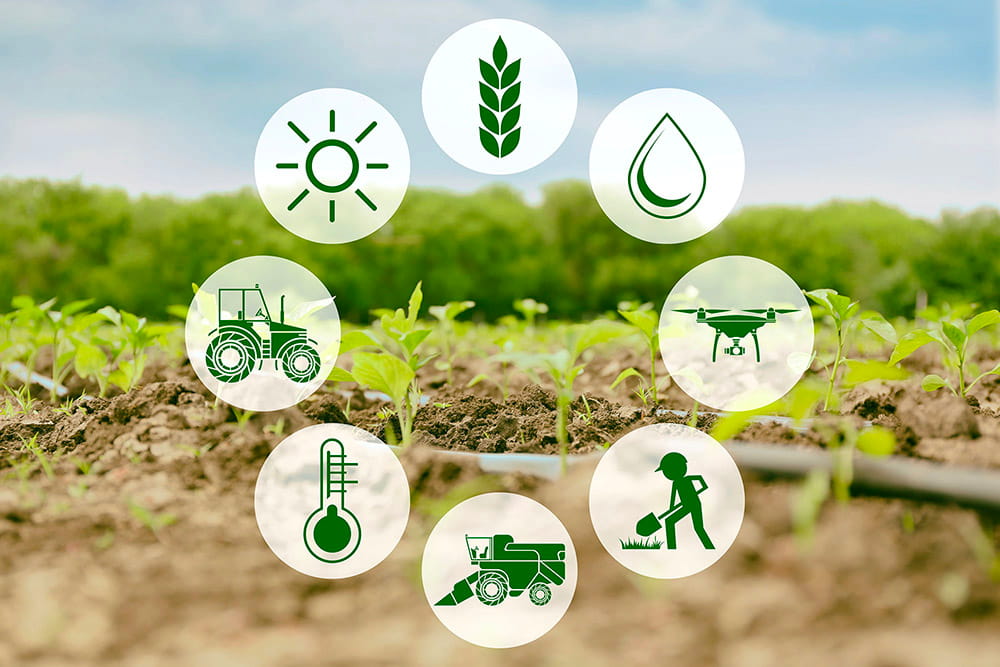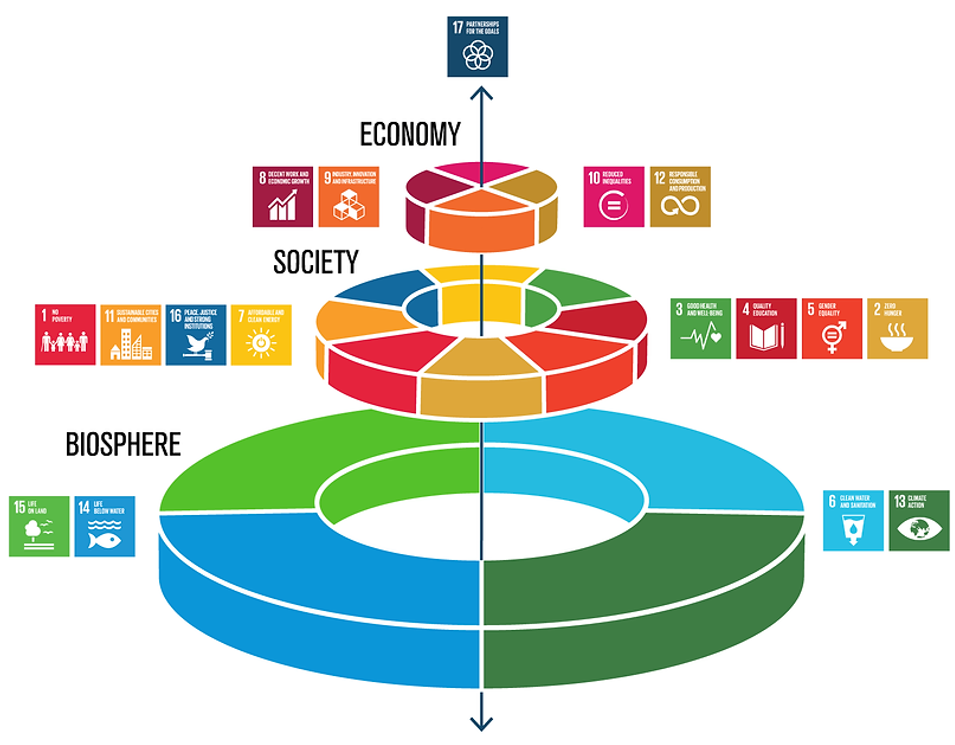Our Approach
Ensuring a Balanced Transition for People, Nature, and Climate
TheIRI is committed to securing a prosperous future that benefits people, the environment, and long-term economic stability. Our five-year strategy focuses on transforming how food and energy are produced and consumed, while also reimagining urban infrastructure for greater sustainability and resilience.
Today, the world confronts a complex set of challenges. Economic turmoil and widening inequality are affecting communities worldwide, while environmental pressures—from biodiversity loss to extreme weather events—demand urgent solutions. Yet, while change is underway, it must be accelerated to make a real, lasting difference.
Our vision is one where clean air, healthy cities, vibrant landscapes, nutritious food, and reliable, affordable energy are accessible to all. We see ecosystems flourishing and a climate that supports stability and growth.
With rigorous research and practical solutions, TheIRI works alongside key partners globally to bring about meaningful change. Using a "Assess it, Transform it, Amplify it" approach, we start by assessing the data, apply evidence-based strategies, and scale up proven successes across countries to generate global impact. This is the transition needed to meet the demands of today while paving the way for tomorrow.
1. Three Goals, One Vision: People, Nature, Climate
2. Catalysing Transformative Change
3. Facilitating national and state-wide transformation








